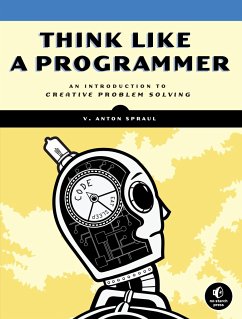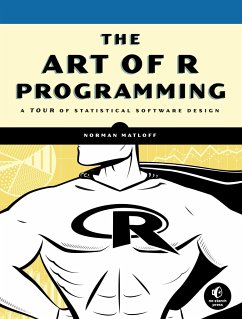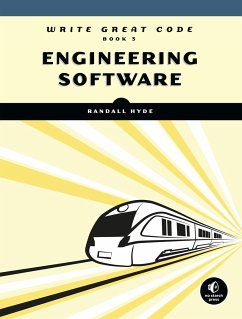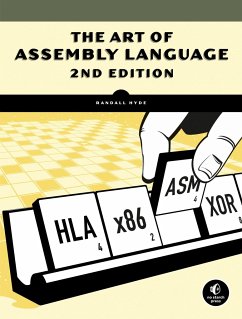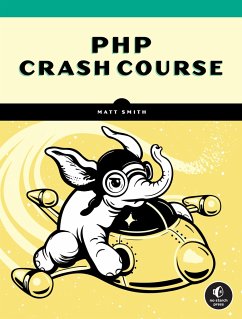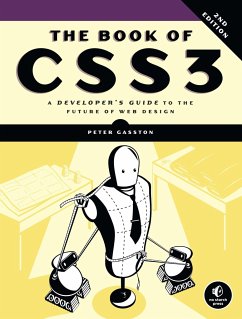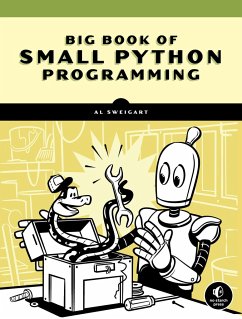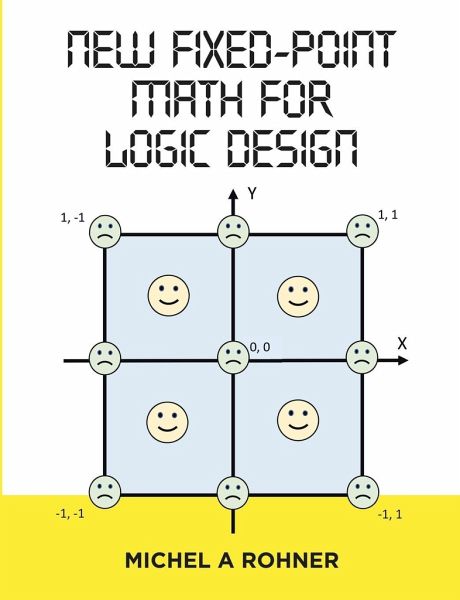
New Fixed-Point Math for Logic Design
Versandkostenfrei!
Nicht lieferbar
This book presents a new math approach for binary calculations in logic designs using fixed-point decimal numbers. In computers, calculations are executed with fixed-point and floating-point binary numbers. The floating-point numbers may have some advantages because of their almost infinite range of positive and negative values. They are implemented with signed magnitude binary numbers and are symmetrical with respect to integer zero. But they require more hardware and can be slower for simple additions and subtractions. On the other hand, beside of their limited range, fixed-point binary numb...
This book presents a new math approach for binary calculations in logic designs using fixed-point decimal numbers. In computers, calculations are executed with fixed-point and floating-point binary numbers. The floating-point numbers may have some advantages because of their almost infinite range of positive and negative values. They are implemented with signed magnitude binary numbers and are symmetrical with respect to integer zero. But they require more hardware and can be slower for simple additions and subtractions. On the other hand, beside of their limited range, fixed-point binary numbers are well suited for efficient logic design implementations. The notion of "averaging" vs "rounding" is introduced. When applying "averaging" to binary fixed-point numbers and integers you also get symmetry to fixed-point numbers. With "averaging", problems resulting from rounding off and 2's complement operations are avoided. These techniques have resulted in more efficient designs with lower gate count and lower cost. Several examples of efficient math function implementations, such as sine, cosine and exponential functions, are presented in the book.




